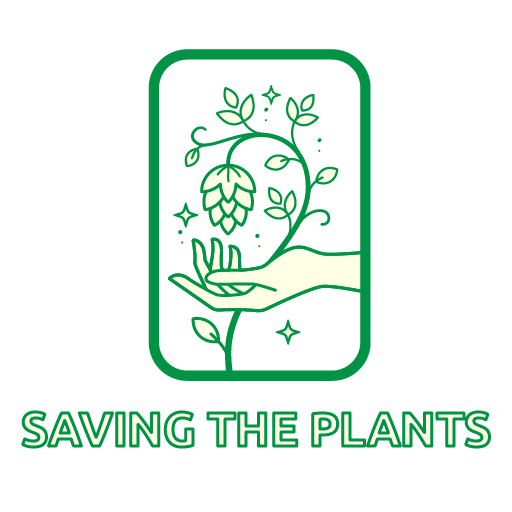Sustainable Development Examples in Everyday Life
As we delve into the realm of sustainable development, it’s crucial to recognize the tangible impact it can have on our daily lives. From utilizing reusable water bottles to reduce plastic waste, to opting for public transportation instead of individual car rides, there are myriad examples of how sustainability can be seamlessly integrated into our routines.
One prime illustration of sustainable development examples in everyday life is embracing energy-efficient practices within households. Simple actions like switching to LED light bulbs, unplugging electronics when not in use, and properly insulating homes can significantly lower energy consumption and contribute to a greener environment.
Moreover, sustainable development examples in everyday life supporting local farmers and businesses is another way individuals can actively participate in sustainable development. By sourcing produce locally, not only are carbon emissions from transport reduced, but one also fosters community resilience and economic growth at a grassroots level. It’s these small yet impactful choices that collectively pave the way for a more sustainable future.

Sustainable Practices at Home
Living sustainably starts right at home, sustainable development examples in everyday life where small changes can make a big impact. Here are some practical ways to incorporate sustainable practices into your daily routine:
- Reduce Energy Consumption: Switching to LED light bulbs, using energy-efficient appliances, and turning off lights when not in use are simple yet effective ways to lower energy consumption.
- Water Conservation: Fixing leaks, installing water-saving fixtures, and being mindful of water usage while brushing teeth or washing dishes can significantly reduce water waste.
- Waste Management: Implementing a recycling system for paper, plastic, glass, and metal items is crucial. Composting organic waste like food scraps can also minimize landfill contributions.
- Grow Your Own Food: Cultivating a small garden or even herbs on your windowsill not only promotes sustainability but also provides fresh produce without the environmental impact of transportation.
By integrating these sustainable practices into your daily life at home, you’re not only reducing your carbon footprint but also setting an example for others in your community. Making conscious choices towards sustainability can lead to a healthier environment for future generations.

Eco-Friendly Transportation Options
When considering ECO-FRIENDLY TRANSPORTATION OPTIONS, it’s crucial to explore alternatives that reduce carbon emissions and promote sustainability. One impactful choice is opting for PUBLIC TRANSPORTATION over driving solo. Using buses, trains, or subways not only cuts down on individual carbon footprint but also eases traffic congestion in cities.
Another sustainable option is BICYCLING as a mode of transportation. Cycling not only provides exercise but also produces zero emissions, making it an environmentally friendly choice. Many urban areas now have dedicated bike lanes and bike-sharing programs, encouraging more people to pedal their way around town instead of relying on cars.
CARPOOLING is another effective strategy to minimize the number of vehicles on the road. Sharing rides with coworkers, friends, or neighbors reduces fuel consumption per person and lowers overall greenhouse gas emissions from multiple cars traveling to similar destinations.
ELECTRIC VEHICLES (EVs) are gaining popularity as technology advances and infrastructure improves. These vehicles run on electricity rather than gasoline, significantly reducing air pollution and reliance on fossil fuels. With more charging stations being installed globally, EVs are becoming a feasible option for many eco-conscious individuals.
WALKING short distances whenever possible is a simple yet powerful way to embrace sustainability in daily life. Not only does walking improve health and well-being, but it also helps decrease the need for motorized transportation modes that contribute to environmental degradation. By incorporating these ECO-FRIENDLY TRANSPORTATION OPTIONS into our routines, we can actively contribute to a greener future for generations to come.
Sustainable development is not just a concept; it’s a way of life that we can all actively participate in. By making small changes in our daily routines, we contribute to a larger global impact. From reducing waste to supporting ethical businesses, every action matters.


